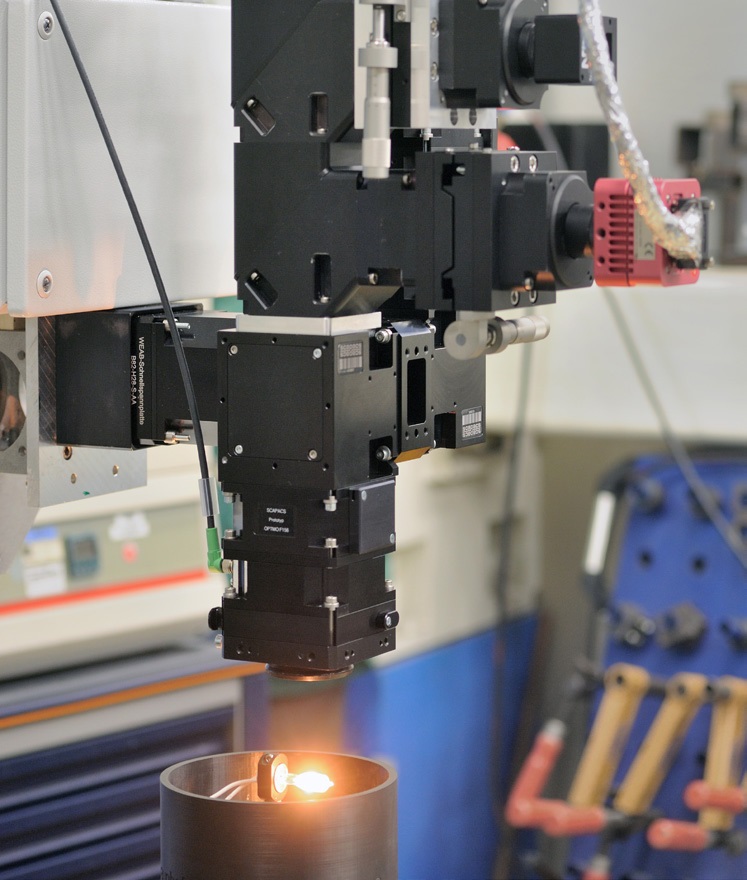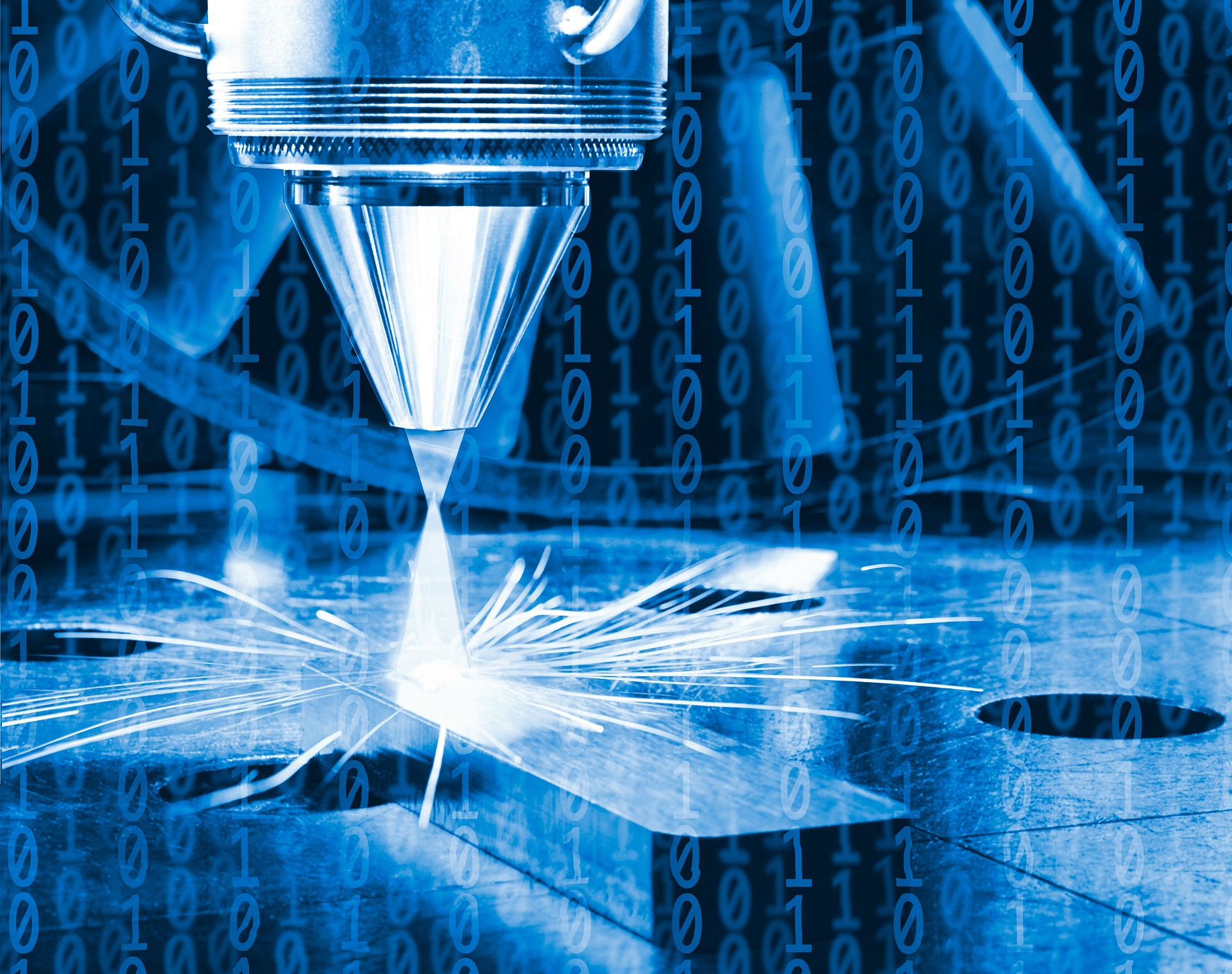AI for Laser Technology Conference
Optimizing the use of lasers with artificial intelligence
The ingenuity of pioneering breakthroughs can be witnessed in Aachen before the year is out. At its “AI for Laser Technology Conference” on November 6 and 7, the Fraunhofer Institute for Laser Technology ILT will be tackling the question of how lasers can be used more efficiently with the help of artificial intelligence. Experts from companies including Daimler, Intel and Microsoft have already signed up for the event. The conference topics will range from machine learning in industrial settings to the use of augmented reality and analysis of neural networks.


The idea of holding a conference on the use of AI in laser systems originated at the Process Control group at Fraunhofer ILT, which has been researching the topic of artificial intelligence for a number of years. The scientists are interested in using AI methods to draw one-to-one conclusions – for example, to detect errors in laser welding.
Machine learning poses a challenge for hardware and software
The conference agenda has a practical focus that reflects these first applied uses of AI in laser material processing. Christian Knaak, scientist at Fraunhofer ILT, will be giving an initial introduction to machine learning, a topic that will be covered by numerous presenters during the conference. The mechanical engineer compares machine learning algorithms that can detect specific faults and deviations during laser material processing. “The challenge for the algorithms is the sheer speed of laser processing,” Knaak says. “The key is to run the algorithms on powerful enough hardware – but implementing those kinds of systems is a laborious process that can take several weeks.”
Experts from Daimler, Beckhoff, plasmo Industrietechnik and Scansonic will be on hand to explain how they have put these kinds of findings into practice. The conference will also focus on augmented reality as an intelligent visualization tool (oculavis), process data analysis in battery welding (4D), and the general deployment of AI in industrial settings (p3 Group). Specialists from Intel and Microsoft Intelligent Cloud will be examining what hardware and software companies need to deploy AI, and what role cloud-based innovations can play.
Conference provides wake-up call for putting AI into practice
Demand for AI in the realm of laser technology is higher than ever, as evidenced by the speed with which companies, industries and researchers signed up for the conference. Nonetheless, the purpose of this event is not only to encourage broader interest in this innovative topic, but also to increase people’s willingness to actually deploy AI solutions. “The manufacturing industry is still waiting for clear evidence that AI adds real value to the applications concerned,” says Knaak. “What we’re demonstrating is that AI deployment works and is feasible.” One example is the intelligent process control technology developed at Fraunhofer ILT, which makes it possible to divide weld seam quality into five categories during laser beam welding. In their lab experiments, the team has recorded classification results with an accuracy of over 99 percent.
A presentation by the “International Center for Networked, Adaptive Production” (ICNAP) will highlight what can be achieved through joint networking. ICNAP encompasses the three Aachen-based Fraunhofer institutes for Production Technology IPT, Laser Technology ILT and Molecular Biology and Applied Ecology IME. Under the ICNAP umbrella, they work together with experts from industry and research on topics such as the efficiency of predictive analytics for adaptive process chains. The conference participants will also be offered guided laboratories tours that will demonstrate in a practical way the advantages and efficiency of AI processes in laser systems.
- More information on Metrology
- For further information please visit Fraunhofer Institute for Laser Technology ILT (ilt.fraunhofer.de)
- Register online for AI for Laser Technology Conference (ilt.fraunhofer.de)